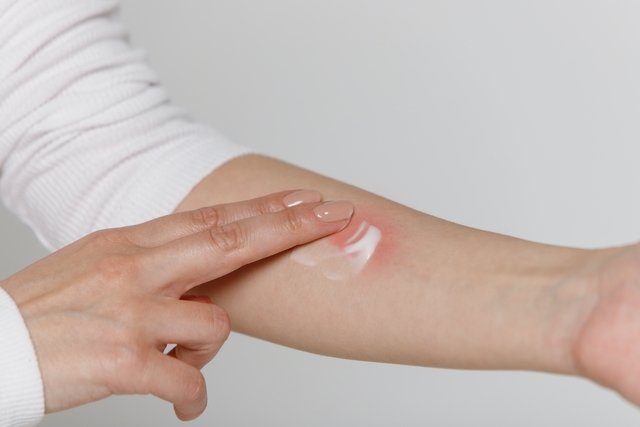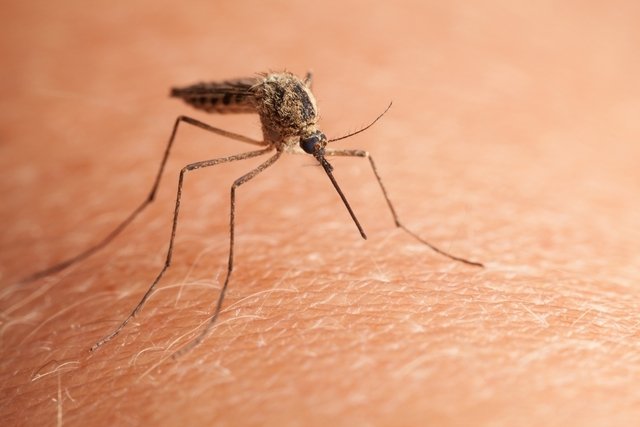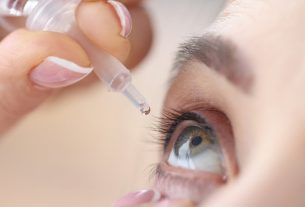An insect bite causes redness, swelling and itching of the skin at the site of the bite, and in some cases, clear liquid may be seen escaping from the area. In more serious cases, more severe allergy symptoms may develop, such as swelling of the entire limb in which the bite occurred or other parts of the body, and it is essential that the person goes to the hospital immediately.
In most cases, the symptoms of an insect bite can be alleviated by applying a piece of ice to the area and using an anti-allergic ointment, but in cases where the symptoms are more severe, it may be necessary to use ointments based on corticosteroids or epinephrine injection, as directed by the doctor.

Insect bite symptoms
The main symptoms of an insect bite are:
- Redness at the site;
- Swelling at the bite site;
- Pain in the area where the bite occurred;
- Intense itching in the affected area;
- Release of a fluid and transparent liquid from the bite site.
Insects that can bite and lead to the appearance of symptoms are mosquitoes, black flies, ants, stink bugs, muriçoca and wasps.
Insect bite allergy
Insect sting allergy can be identified through the initial appearance of common sting symptoms, such as redness, swelling and itching at the site. However, more serious symptoms may also be noticed in some people, such as:
- Rapid drop in blood pressure;
- Feeling of fainting;
- Dizziness or confusion;
- Swelling of the face and mouth;
- Extreme difficulty breathing.
Difficulty breathing occurs due to swelling of the throat that prevents air from passing through. In these cases, the reaction is very quick and the person must be taken to the hospital as quickly as possible, as there is a risk of death from asphyxiation.
In the case of a bite from a venomous animal, such as a snake or spider, for example, it is necessary to call medical help by calling 192, or go quickly to the hospital.
What to do
After an insect bite, you can apply ice to the area for up to ten minutes, as it helps to alleviate symptoms. It is also recommended to avoid scratching the area, as this action can lead to increased skin irritation.
Additionally, it may be recommended to apply ointment to the area to alleviate symptoms, such as Polaramine, Andantol, Polaryn or Minânncora, 2 to 3 times a day, for 5 days. See more about insect bite ointments.
However, if the area becomes increasingly swollen, it is recommended to go to the hospital so that treatment can be started quickly and complications can be prevented, such as difficulty breathing, for example. Understand the treatment for severe insect bite allergy.

Sign up for our newsletter and stay up to date with exclusive news
that can transform your routine!
Warning: Undefined array key "title" in /home/storelat/public_html/wp-content/plugins/link-whisper-premium/templates/frontend/related-posts.php on line 12
Warning: Undefined array key "title_tag" in /home/storelat/public_html/wp-content/plugins/link-whisper-premium/templates/frontend/related-posts.php on line 13




